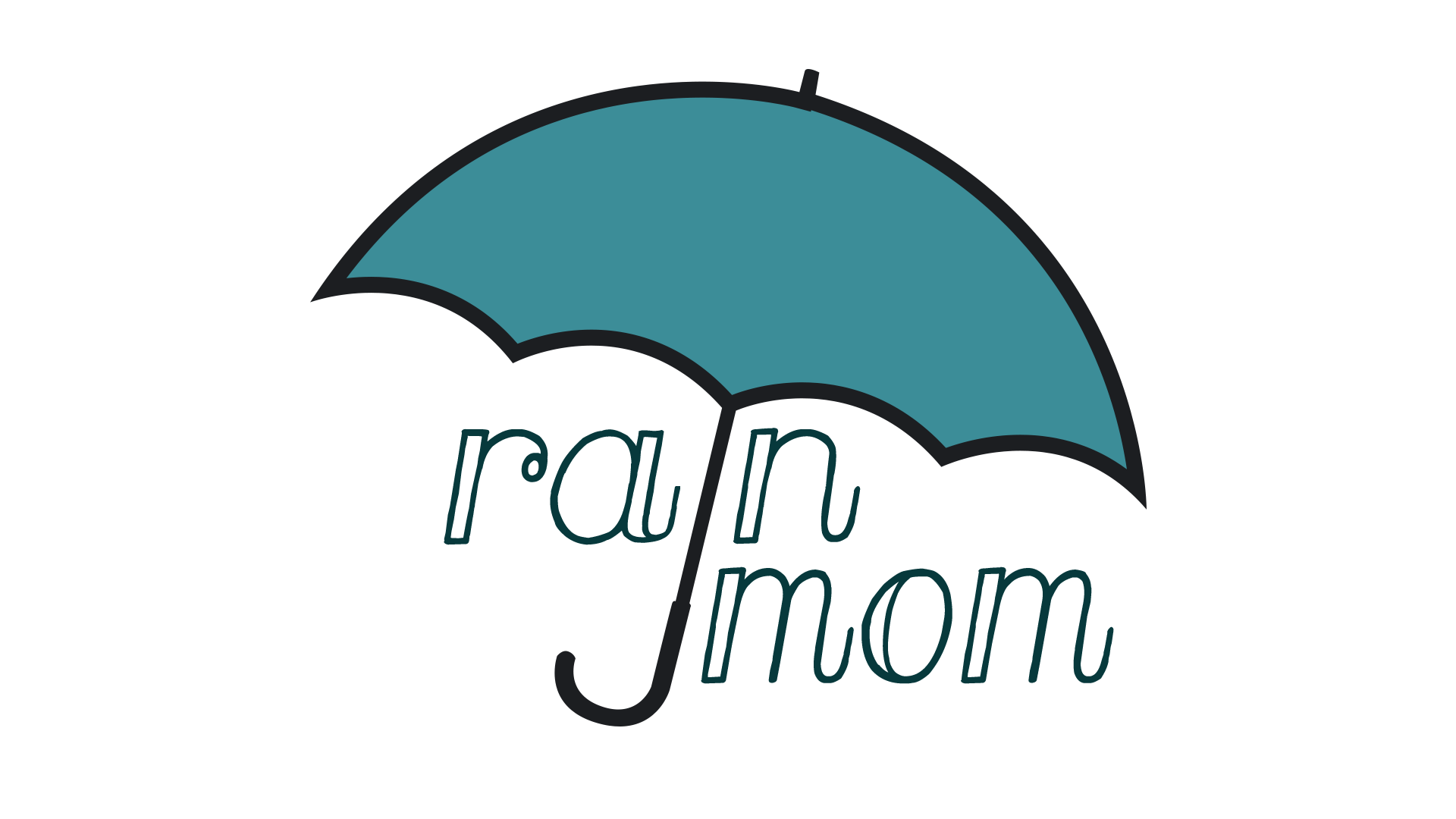
Mentoring Autism From The Most Significant Perspective
By Kristi | Published | No Comments
Over the many years as I have loved and parented autism, I’ve worn numerous hats mentoring my son. I have been his mother and advocate. His protector and interpreter from those who didn’t understand or accept his differences from their own. I’ve been his therapist in a wide variety of supports from emotional to behavioral, his health and welfare practitioner and most often his voice. While I have embraced every role with my heart and soul, in retrospect it never dawned on me that maybe my choices may not have been what he wanted for himself.
I think back to the early years, when I was consumed with doing and being everything for my son. Endless hours of researching every aspect of autism. Diets, therapy, communication supports, education, social, emotional, the list goes on and on. In my quest to give my son the best life possible, I now realize much of what I set in place had more to do with helping my son fit into a non-autistic world, instead of embracing him as an autistic individual.
Recognizing these tendencies led me once again to expanding my research. Geared specifically at seeing life through the eyes of being autistic instead of trying to change the vision. Interestingly enough, I’m seeing autism with some fresh insights from autistics themselves. In fact one suggestion I was recently given by an autistic was to find an autistic mentor for my son. Something I had never considered but in hindsight what an incredible idea. I’m not autistic, and trying to figure out what my son needs when I don’t process the world the same way he does often has me confused and concerned. However, learning from autistics is giving me quite an education in more ways than one, especially with regard to oversights along the way. Easy to do when one isn’t autistic. But with the wealth of information from those who are, I’m learning what it truly means to be a mentor and advocate for autism.
Autism is a disability, and like others presents its own challenges. However, some of what non autistics have been led to believe as supportive or helpful isn’t. Often centered in trying to change an autistic person into someone they are not and cannot be. Why–so they can be accepted by others? What exactly are we trying to change and for whose benefit? Why does it seem that some disabilities are deemed more acceptable by society and others are questioned? Disabilities aside, we are all different and in so many ways. Yet, most of us don’t find a need or reason to change who we are to make others happy. Sure at times we yield to the fear of judgment and rejection, but more often than not, it’s short lived. We move on and continue to be ourselves, shrugging off scrutiny, upholding our authentic self. Why should it be any different if you are autistic?
As a parent I have fallen into the same peril. Assuming I needed to help my son fit into a world he doesn’t often understand just so others will embrace and respect him. In doing so, I may have failed to give him his voice, his individuality and his path moving forward. Awareness now gives me the opportunity to learn, change and grow into a better advocate, mentor and parent. And to also realize, it’s never too late to change attitudes, perceptions and outcomes.
Whether you’re a parent, caregiver, educator, practitioner, family member or friend, we often assume the role of autism mentor in numerous capacities. By definition, a mentor is a trusted and experienced advisor. And while those of us who are not autistic often assume the role of mentor, it is important to remember that the trust placed in us must support all that autism entails. Not our ideas, wishes or ways that distant the autistic individual from who they truly are and what they want. We don’t know what it feels like to be autistic, but thankfully we can learn from those who do.
If you are fortunate to find an autistic mentor, it often comes with insights and revelations that help us better understand what it means to be autistic. Learn from them, learn from your child. Listen, be present and mindful. Ask questions, but remember some answers may be hard to hear or feel like judgment or criticism. If you want a better understanding of how autistics view the world then you must be open to things you will often not fully understand. Shedding our own beliefs and ideas from misconception to perception is a great first step. A path to finding the balance, direction and peace we all want to obtain.
It goes without saying that it can be an enormous undertaking, mentoring in a world where we don’t often speak the language. However, when opportunities arise that increase our ability to interact and understand, we all benefit.
As mentors in any capacity often it is our will that supports but it must be their wisdom if we are to succeed.






Leave a Reply